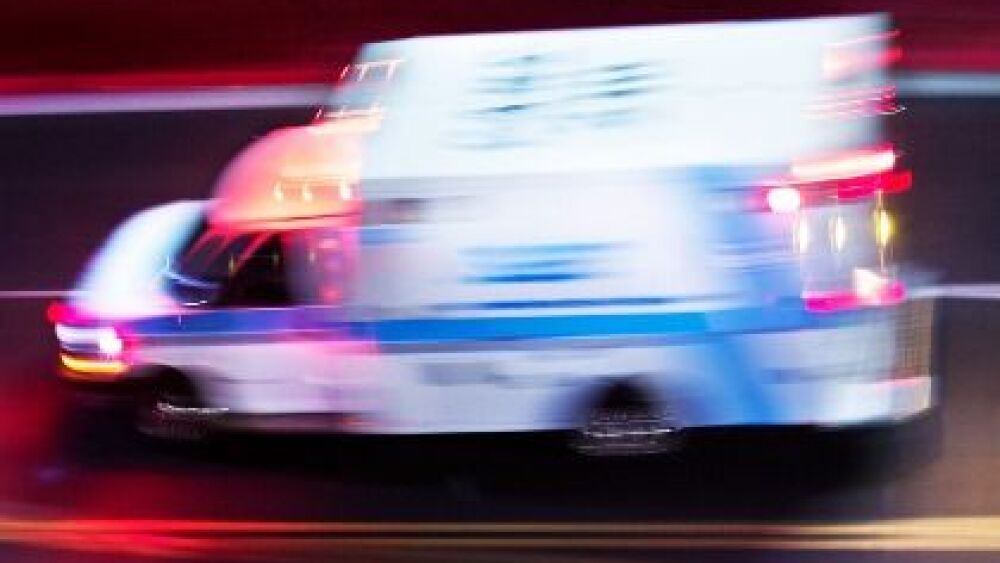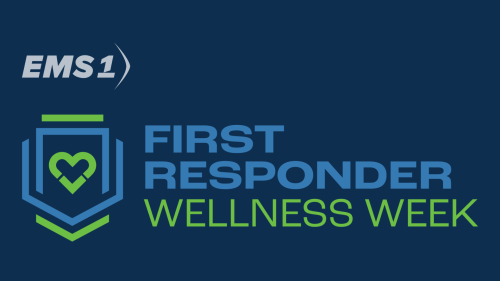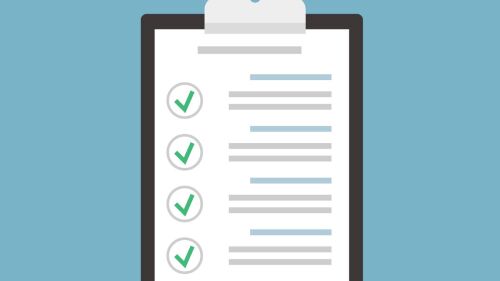In her 1969 autobiography, poet Maya Angelou wrote about how she was “Hoping for the best, prepared for the worst, and unsurprised by anything in between.” As first responders, we often hope for the best while planning for the worst. When we do this, we help ensure that a potential worst-case scenario won’t be so devastating and that we’ll be pleasantly surprised if the best-case scenario comes to pass.
Low frequency, high risk
My friend Gordon Graham is famous for classifying tasks into high and low frequency, high and low risk. The biggest danger, he says, comes when we’re faced with extremely risky situations that happen infrequently. , “When good people get involved in high risk, low-frequency events, you are much more likely to make a mistake. And to be fair, not every mistake is going to end in a tragedy, but if you make enough mistakes, sooner or later, all the holes in the Swiss cheese get lined up.” And when those holes align, he reminds us, bad things get through.
We develop policies, procedures and train to ensure the incidents that are can be mitigated effectively. We do this to condition our brains and bodies to respond automatically to certain dangers and challenges. That way, when challenging situations arise — especially those that don’t afford us time to think — our bodies will respond correctly and automatically.
It’s no wonder so many first responders have , which are “associated with high achievement, competitiveness, and impatience.” Though the highly controlling nature of the Type A demeanor may sometimes serve us well, this strength can become one of our biggest weaknesses.
Studies have linked catastrophizing to fatigue, which explains (in part) why it can be common among first responders.
A tendency to catastrophize
As we train our minds to mitigate the worst possible outcome, we can begin to develop an impulse to catastrophize. Catastrophizing is a common response to uncertain situations where we exaggerate the probability or impact of our worst fears. Studies have , which explains (in part) why it can be common among first responders.
This can be detrimental to our careers. An example: It’s Friday afternoon, and you receive an email that the chief wants to see you in their office first thing Monday morning. All weekend long, you catastrophize every worst-case scenario. You think back on everything you may have done, didn’t do, said or didn’t say to someone. You consider the mistakes you’ve made in both your professional and personal life. You create complete, complex stories with actual characters in order to justify the reprimand that you just know is coming.
Paranoia, irritability, and irrational behavior sets in. You become short-tempered, lashing out at those closest to you to support your paranoia. You may even begin to create alibies as a self-defense so you’re not caught off guard at the Monday morning dressing-down.
Monday morning arrives. The chief calls you in and asks you to take a seat. Your pulse is racing, sweat beading on your brow. All your alibies are locked and loaded. Thanks to catastrophizing, you’re like a Brazilian ju-jitsu fighter ready to defend against any punch thrown your way!
And then the chief calmly says, “I just wanted to tell you how proud I am of you. I received a call from the city manager, who observed you on that call last week on Colorado Blvd. She was very impressed by how you handled the incident and the people involved.” You’re so stunned, you can’t even respond. The chief goes on: “She wanted me to let you know she appreciated your professionalism in the face of a stressful event.”
You feel like a 100-pound sandbag has been taken off your shoulders. You breathe a sigh of relief and thank the chief for the compliment.
Mental and physical impacts
Though you may feel relieved you didn’t get the chewing-out you imagined, the weekend of negative thinking pounded you mentally and physically due to catastrophizing. can include depression, anxiety and insomnia, which can lead to a weakened immune system, high blood pressure, eating disorders and even substance abuse. And that doesn’t even take into account the collateral damage on those closest to you in your life. Was it worth it?
Catastrophizing is not a healthy mindset. As you can see, it can actually cause more catastrophic results to you physically and mentally than the actual catastrophe you imagined. Clinical psychologist Meg Jay, writing in the Harvard Business Review, on how to keep from catastrophizing. Some of them include focusing on the present reality instead of future uncertainty, wargaming what would actually happen if the best-case or worst-case scenarios actually happened, and learning to “go gray,” learning to live with uncertainty rather than expecting a black-and-white world.
If you find yourself crippled by a catastrophizing mindset, you may need to work on yourself to get beyond the mindset.
Coping strategies
Apart from that, what else can you do to avoid catastrophic thinking?
Notice and acknowledge it. No one is better at situational awareness than first responders. Observe the content of your thoughts. Grab a voice recorder and express out loud what your mind is telling you. Then set it aside and review it a few hours or days later. How does it sound to you, after the fact?
Name your catastrophe. When we’re working incidents, we often put a name to the specific dangers we face. Instead of fearing the unknown (since you never know what you don’t know), put a face on your fears. What specifically are you worried will happen? This will help diminish your negative thoughts while understanding you can and will handle whatever comes your way.
Journal or document. No one is better at writing reports or documenting incidents than police officers or firefighters. Free-form journaling can help you bring a clearer mental picture and see if what you’re worried about is real or not.
Talk yourself down. First responders are great at calming erratic or emotionally upset people. Do the same to yourself. Ask yourself: Am I sure this is a disaster? Do I have evidence to support my negative thoughts? What impact do my fatalist assumptions have on me and on the people around me? What is the value of my thoughts versus the negative impact on me? and other relaxation techniques can help with this process.
Your Type A personality craves control, and may have contributed to why you chose to serve in public safety in the first place. You may feel that being in control and having all the unforeseeable answers will serve you well. But if you find yourself crippled by a catastrophizing mindset, you may need to work on yourself to get beyond the mindset. Working with a licensed qualified therapist, psychologist or psychiatrist can help you and begin to unravel this behavior.
Stay grounded
When we plan for the worst and hope for the best, we may think we’re now prepared to handle all of life’s difficulties. In actuality, we cannot control everything; trying to do so causes more harm than good.
In the end, this is a hard battle to fight. For many first responders, the tendency to catastrophize is likely engrained in our early life experiences. Like requesting a second alarm during a fire or backup during a felony stop, we often find ourselves calling in reinforcements, “just in case.” But responsible first responders must learn to look at every situation realistically, evaluating the possibilities but staying grounded in the here and now to anticipate the most likely outcomes.





